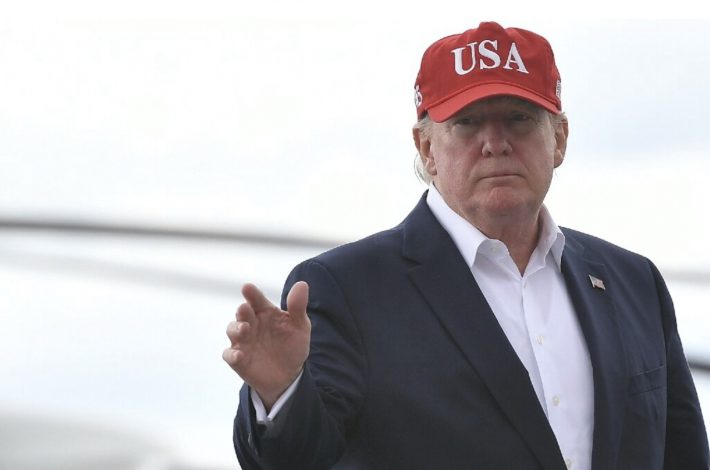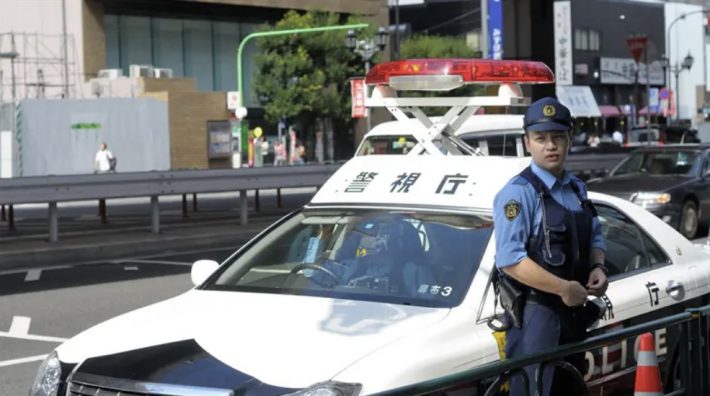Global health agencies reaffirm that vaccines save lives and paracetamol remains safe, rejecting U.S. President Trump’s unproven claims of ties to autism.
The World Health Organization (WHO) on Tuesday firmly rejected U.S. President Donald Trump’s claims that paracetamol use in pregnancy or childhood vaccines are linked to autism, insisting that the scientific evidence does not support such theories.
“The evidence remains inconsistent,” WHO spokesperson Tarik Jašarević told reporters in Geneva when asked about studies on paracetamol. He was unequivocal about vaccines: “We know that vaccines do not cause autism. Vaccines save countless lives. This is something that science has proven, and these things should not really be questioned.”
The WHO’s response came just hours after the European Medicines Agency (EMA) also confirmed that no new evidence requires changes to its current guidelines on the use of paracetamol during pregnancy.
Trump, speaking on Monday, claimed that acetaminophen (paracetamol), commonly sold as Tylenol in the U.S., should be limited during pregnancy, alleging it may be tied to rising autism rates. He also reignited discredited fears linking vaccines to autism, even suggesting parents should delay vaccinating children until they are “12 years old and formed”—a statement rejected outright by global medical experts.
Health Secretary Robert F. Kennedy Jr., appearing alongside Trump, announced plans for an “all-agency” probe into autism, involving the NIH, FDA, CDC, and Medicare/Medicaid Services, at the President’s direction.
Trump had teased the announcement as a “big reveal,” claiming, “I think we found an answer to autism.” Yet, to date, no peer-reviewed scientific evidence supports these claims.
For health authorities, the message is clear:
The World Health Organization (WHO) on Tuesday firmly rejected U.S. President Donald Trump’s claims that paracetamol use in pregnancy or childhood vaccines are linked to autism, insisting that the scientific evidence does not support such theories.
“The evidence remains inconsistent,” WHO spokesperson Tarik Jašarević told reporters in Geneva when asked about studies on paracetamol. He was unequivocal about vaccines: “We know that vaccines do not cause autism. Vaccines save countless lives. This is something that science has proven, and these things should not really be questioned.”
The WHO’s response came just hours after the European Medicines Agency (EMA) also confirmed that no new evidence requires changes to its current guidelines on the use of paracetamol during pregnancy.
Trump, speaking on Monday, claimed that acetaminophen (paracetamol), commonly sold as Tylenol in the U.S., should be limited during pregnancy, alleging it may be tied to rising autism rates. He also reignited discredited fears linking vaccines to autism, even suggesting parents should delay vaccinating children until they are “12 years old and formed”—a statement rejected outright by global medical experts.
Health Secretary Robert F. Kennedy Jr., appearing alongside Trump, announced plans for an “all-agency” probe into autism, involving the NIH, FDA, CDC, and Medicare/Medicaid Services, at the President’s direction.
Trump had teased the announcement as a “big reveal,” claiming, “I think we found an answer to autism.” Yet, to date, no peer-reviewed scientific evidence supports these claims.
For health authorities, the message is clear:
- Paracetamol is safe when used responsibly under medical guidance.
- Vaccines do not cause autism and remain essential for global public health.
- Unverified claims risk fueling misinformation and undermining trust in proven life-saving medicines.





